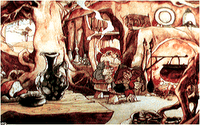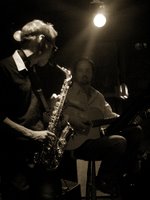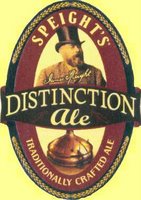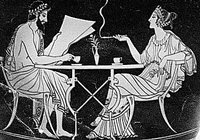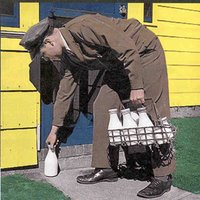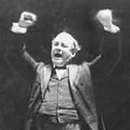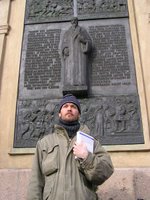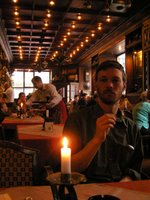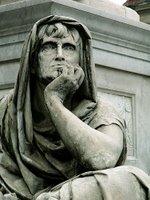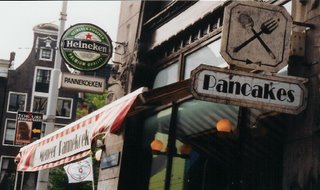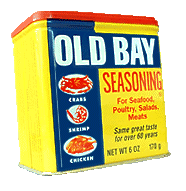Of Apples And Orangesan excursus on varieties of self-knowledge and my thesis progress
After giving myself a "jump-in-the-deep-end" crash course on Lonergan, I began to outline points of comparison between his view of self-knowledge and Dooyeweerd's. It soon became apparent to me that each thinker addresses self-knowledge primarily in the context of their respective transcendental approaches to knowledge overall. So, that was about
two-and-a-half months ago. I've done more reading and thinking since then, of course.
I developed my outline further, and came up with my main (prospective) conclusion, namely, that the difference in BL's and HD's views of self-knowledge may be accounted for in terms of difference in
religious position with regard to each transcendental method. (If that doesn't make any sense to you, don't worry about it. I haven't arrived at the punch-line yet.) So, I was feeling pretty good about everything up to that point. However, in the back of my mind there was this nagging dark spot, like I was missing something important.
Then I read Lonergan's 1974 lecture
Self-transcendence: Intellectual, Moral, and Religious. He begins by distinguishing self as substance from self as subject. I got distracted for quite a while on the issue of
Death of the Subject, and how HD answers the problem, and trying to think through BL's approach to it. This was a mistake, because it turns out not to relate directly to my actual thesis. I wrestled myself free from that rabbit trail when BL's statements about religious self-transcendence began to pose a difficulty for how I had been conceiving of his view of self-knowledge so far. That's not so important in itself at the moment (although it may turn out to be decisive for my conclusion, but we'll set it aside for now).
The upshot of this was that it caused me to focus on what BL might be saying about self as substance. He didn't elaborate much on that in the aforementioned lecture, but I began to compare what I knew of his substance idea with what HD says about substance and selfhood. Eventually, I realized that in all my notes and outlines, I hadn't actually provided for discussing what view these guys have of the actual "Self." I had only been paying attention to what they say about
knowing the self, and had left their view of
self per se out of the outlines! Oops. "But, easy enough to correct," I thought. And I wondered how in the world I could have overlooked something so seemingly basic.
Well, turns out it's not so easy to correct. You see, around the same time, I came across a philosophical
encyclopedia article on self-knowledge. The thing that jumped out at me was the primary division between views that address self-knowledge in terms of knowledge of ones own "characteristics," particularly ones mental states (cognition, etc), and views that address knowledge of the self per se. And it occurred to me that this is the sort of difference we have between BL and HD. Then I realized this was probably exactly the point my thesis supervisor, Dr. Geertsema, was getting at
a month ago when he tried to direct me in explicitly considering the question of what effect the respective contexts of each transcendental method has on each view of self-knowledge, and whether or to what degree that context is in some way determinative for either view. I could cry. This insight was so obvious, staring me in the face the whole time, and I couldn't see it. Lonerganians around the world can have a good chuckle (sorta an inside joke).
So, now I'm looking for apples to compare with apples, and oranges to compare with oranges, because presently I've got an apple and an orange, and the number of interesting things one can say in a Masters thesis about how these are
not comparable is fairly limited. No doubt, contrasts are important (my prospective conclusion is basically a contrast), but I need to draw the lines of "same fruit" contrasts, if you know what I mean. In any case, I thank the Lord for bringing me this far. Continue to pray with me, as I work to avoid irrelevant kiwis and try not to slip on anymore bananas; as I work to find the contrasting fruit (and root) ideas of relating varieties.
 Over at The Kuyperian you will find a few additions to the sidebar links which direct you to various off-site articles about Abraham Kuyper and/or his ideas about Calvinism as a worldview.
Over at The Kuyperian you will find a few additions to the sidebar links which direct you to various off-site articles about Abraham Kuyper and/or his ideas about Calvinism as a worldview.
